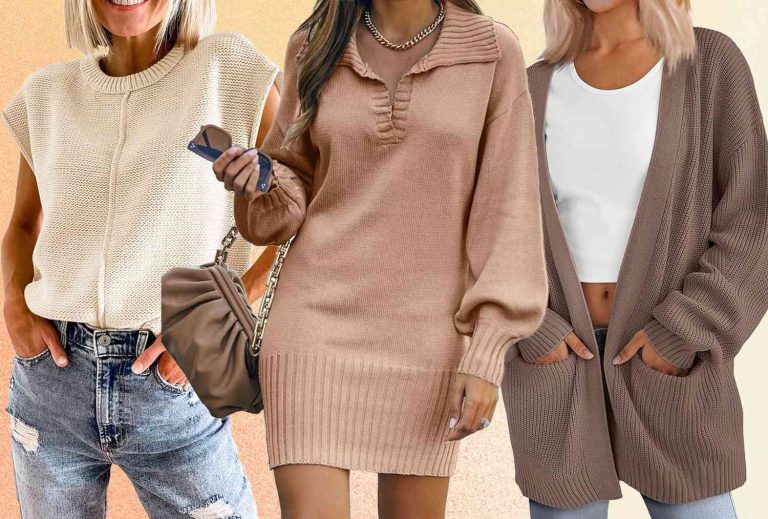In recent years, consumers have become increasingly aware of the environmental and social impacts of the fashion industry. As a result, ethical and sustainable fashion has gained significant momentum. This movement prioritizes fair labor practices, eco-friendly materials, and responsible production methods. Here’s a look at some of the key trends shaping the ethical and sustainable fashion landscape.

Fair Trade and Ethical Sourcing
Fair trade practices ensure that workers in the fashion industry receive fair wages, safe working conditions, and benefits. Ethical sourcing involves selecting suppliers who adhere to ethical standards and avoid child labor, forced labor, and environmental harm. Brands that prioritize fair trade and ethical sourcing are making a positive impact on the lives of workers and communities around the world.
Sustainable Materials
The fashion industry has traditionally relied heavily on resource-intensive materials like cotton and polyester. However, there is a growing movement towards sustainable alternatives. Some of the most popular sustainable materials include:
- Organic cotton: Grown without the use of harmful pesticides and chemicals.
- Recycled polyester: Made from recycled plastic bottles.
- Tencel: A biodegradable fabric derived from wood pulp.
- Linen: A natural fiber that is highly breathable and durable.
- Hemp: A versatile material that is strong, durable, and eco-friendly.
Slow Fashion
Slow fashion is a movement that encourages consumers to buy fewer, higher-quality items and prioritize longevity over trends. It emphasizes timeless designs, ethical production, and responsible consumption. By choosing slow fashion, consumers can reduce waste and support brands that prioritize sustainability.
Circular Economy
The circular economy is a model that aims to minimize waste and pollution by keeping resources in use for as long as possible. In the fashion industry, this means designing clothes that are durable, repairable, and recyclable. Brands are exploring innovative techniques like upcycling and repair services to promote a circular economy.
Transparency and Traceability
Transparency and traceability are essential for ethical and sustainable fashion. Consumers want to know where their clothes come from and how they are made. Brands that provide information about their supply chains and production processes are building trust with their customers.
Secondhand and Vintage Fashion
Shopping secondhand and vintage is a great way to reduce your environmental impact and support ethical fashion. By buying pre-loved items, you are giving them a second life and reducing the demand for new production.
Ethical and Sustainable Brands
There are many ethical and sustainable fashion brands that are leading the way in the industry. When choosing a brand, consider their commitment to fair trade, sustainable materials, and ethical practices. Some popular ethical and sustainable brands include Patagonia, Eileen Fisher, Reformation, and Everlane.
By embracing ethical and sustainable fashion trends, consumers can make a positive impact on the environment and support fair labor practices. By choosing to buy less and buy better, we can create a more sustainable and equitable fashion industry.
read more : Fashion Hacks for Everyday Life




